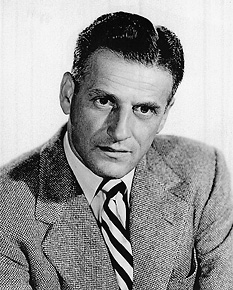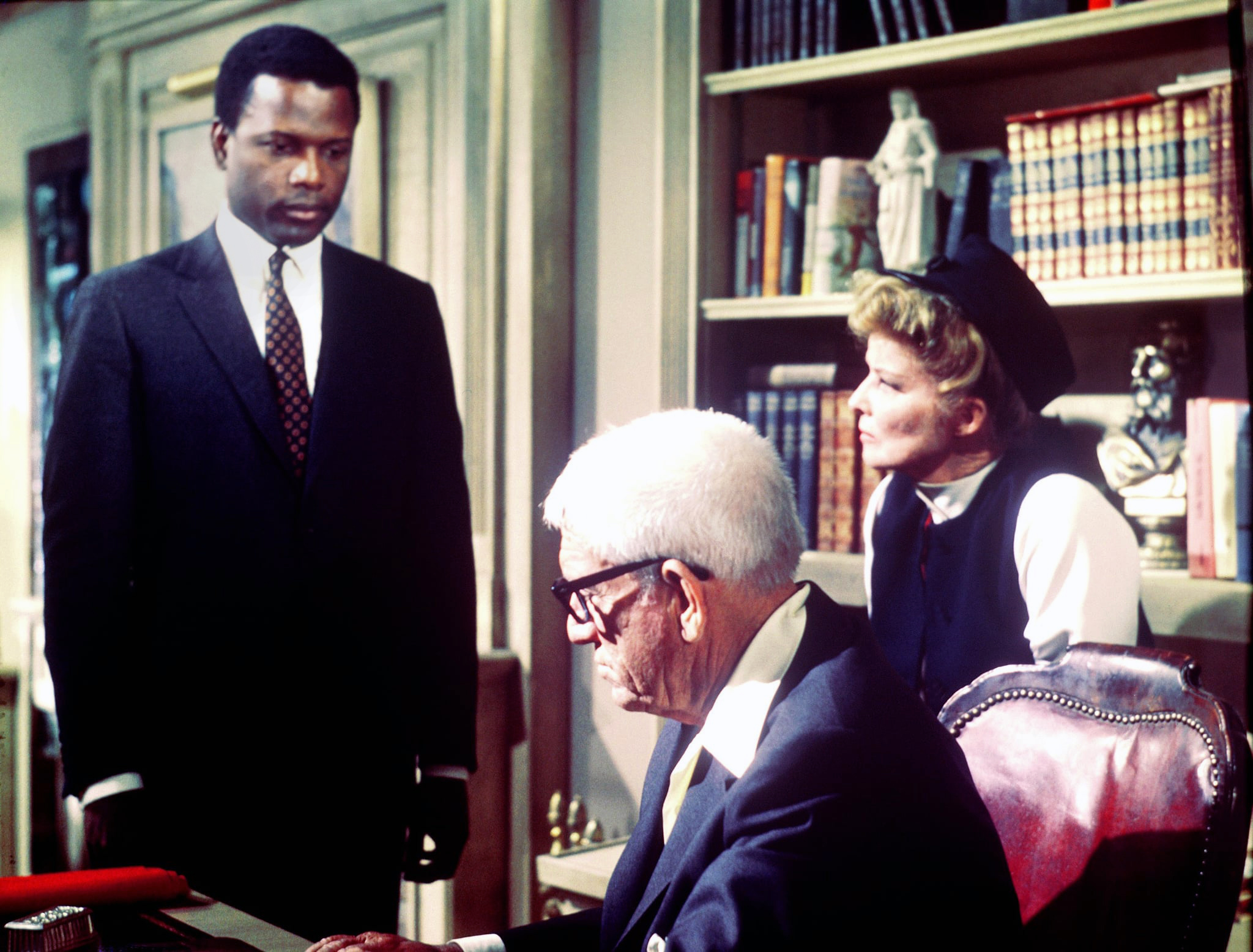Kramer, Stanley (1913-2001), was an American motion-picture producer and director known for films that deal with serious social themes. Kramer’s movies explore such issues as racism, war crimes, and the threat of nuclear war. Six of his films received Academy Award nominations as best picture.

Kramer was born in New York City. He graduated from New York University in 1933 and started his motion-picture career in the mid-1930’s as a writer, editor, and researcher. He rose to the position of associate producer by the early 1940’s. After serving in the United States Army during World War II (1939-1945), Kramer began producing serious dramas, most of them on small budgets. They included Champion (1949), Home of the Brave (1949), The Men (1950), Cyrano de Bergerac (1950), Death of a Salesman (1951), High Noon (1952), The Juggler (1953), The 5,000 Fingers of Dr. T (1953), The Wild One (1954), and The Caine Mutiny (1954).
Kramer made his debut as a director in Not As a Stranger (1955). Many of the films he directed had higher budgets and more stars than his earlier films. They included The Defiant Ones (1958), On the Beach (1959), Inherit the Wind (1960), Judgment at Nuremberg (1961), It’s a Mad Mad Mad Mad World (1963), Ship of Fools (1965), Guess Who’s Coming to Dinner (1967), Bless the Beasts and the Children (1971), and The Runner Stumbles (1979).

